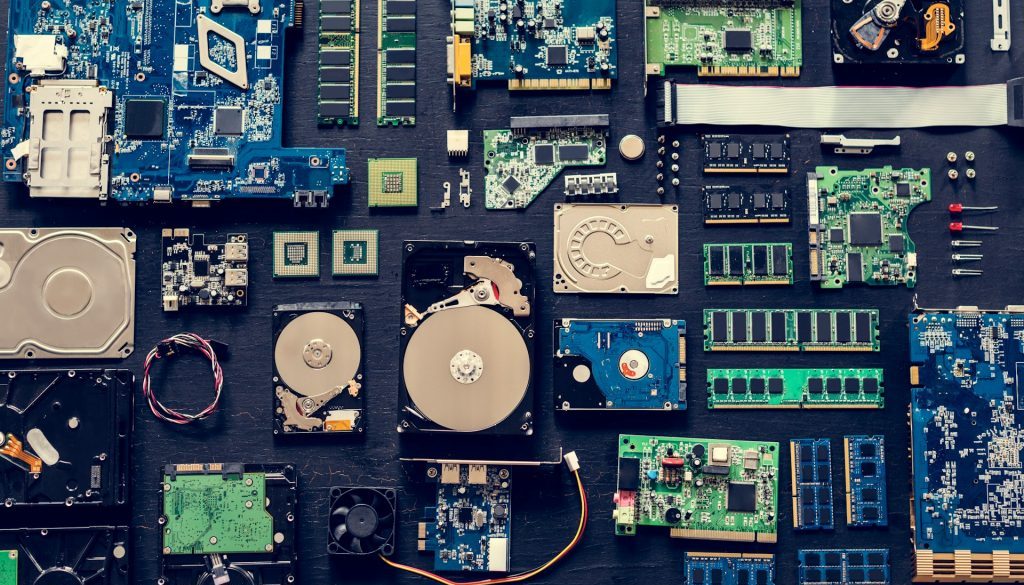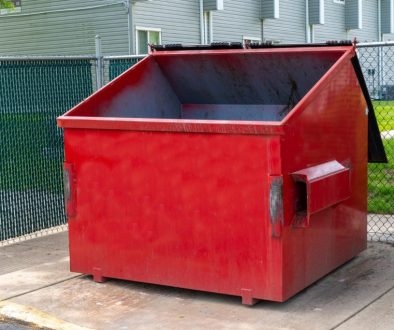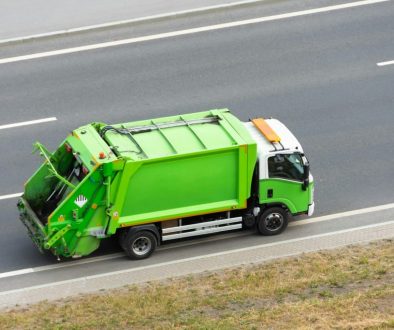With the rapid advancement of technology and the ever-increasing reliance on electronic devices in our daily lives, electronic waste, also known as Waste Electrical and Electronic Equipment (WEEE), has become a major global concern. Improper disposal of electronic waste not only contributes to environmental degradation but also poses significant health risks due to the toxic substances found in electronic devices. Therefore, it is crucial to comprehend the importance of proper WEEE disposal and the various methods available for recycling and disposing of electronic waste in an environmentally friendly and responsible manner.
In this comprehensive guide, we will delve into the essentials of WEEE disposal, addressing the environmental and health implications associated with improper e-waste disposal practices, the regulatory framework governing WEEE disposal, and the suitable steps one can take to handle electronic waste responsibly. Our aim is to provide homeowners and businesses with valuable insights into the challenges and best practices related to WEEE disposal, empowering them to make informed decisions and contribute to a more sustainable future.
1. Environmental and Health Implications of Improper WEEE Disposal
Electronic waste can have severe consequences for the environment and human health, including:
– Soil and water contamination: Electronic devices contain hazardous substances such as lead, cadmium, and mercury. When not disposed of correctly, these substances can leach into the soil and groundwater, posing risks to ecosystems plant life and eventually making their way into the human food chain.
– Air pollution: The incineration of e-waste not only releases toxic chemicals into the atmosphere but also produces substantial amounts of greenhouse gases, which contribute to climate change.
– Health risks: Exposure to harmful substances associated with e-waste can lead to long-term health problems such as respiratory disorders, kidney damage, cancer, and reproductive health issues.
2. The Regulatory Framework Governing WEEE Disposal
Several regulations have been implemented on a national and global level to manage electronic waste:
– The Waste Electrical and Electronic Equipment Directive (WEEE Directive): This European Union legislation governs the collection, recuperation, and disposal of e-waste, requiring producers to take responsibility for proper disposal while aiming to reduce the environmental and health risks associated with e-waste.
– The Restriction of Hazardous Substances Directive (RoHS): Another key EU legislation, the RoHS Directive restricts the use of specific hazardous substances in electronic devices in an effort to limit the environmental and health effects when the products are disposed of.
– National WEEE disposal regulations: In addition to EU directives, national laws and regulations have been set in place to provide country-specific guidance on managing electronic waste.
3. Steps for Responsible WEEE Recycling and Disposal
Properly handling electronic waste demands a combination of individual, business, and regulatory efforts:
– Separate e-waste from other rubbish: To ensure that electronic waste is identified and treated properly, it is essential to separate e-waste from general waste and dispose of it at designated recycling facilities.
– Make use of manufacturer take-back schemes: Many electronic device manufacturers offer take-back programs for end-of-life products. These schemes help ensure that electronic waste is handled, recycled, or disposed of in an environmentally responsible manner.
– Visit local recycling centres: Most communities provide recycling facilities that accept electronic waste. Utilise these facilities to responsibly dispose of WEEE items in compliance with local regulations.
– Donate or sell functioning devices: Responsible WEEE disposal also includes reusing functioning electronic devices. Rather than discarding them, consider donating to charities, schools, or community organisations, or selling them online.
4. Promoting a Culture of Responsible WEEE Disposal
To effectively manage electronic waste, fostering a culture of awareness and responsibility is crucial:
– Public education and awareness campaigns: Local councils, businesses, and non-profit organisations can collaborate to promote understanding of WEEE disposal requirements and encourage both individuals and organisations to adopt responsible disposal practices.
– Sustainable design and manufacturing: Electronics manufacturers have an essential role in mitigating electronic waste through sustainable product design, including developing devices that are more easily recyclable and contain fewer hazardous components.
– Encourage producer responsibility: Supporting brands that take responsibility for their products’ impact on the environment, including offering WEEE recycling programs, can encourage more manufacturers to adopt eco-friendly practices.
Conclusion
The proper management of WEEE is a crucial aspect of responsible waste management and has far-reaching consequences for the environment and public health. By understanding the environmental and health implications of improper WEEE disposal, familiarising oneself with appropriate regulatory frameworks, and actively engaging in responsible recycling and disposal practices, individuals, businesses, and industries can help mitigate the negative effects associated with electronic waste.
As a family-run skip hire and aggregate company servicing Staffordshire, we at Enviro Skip Hire firmly believe in promoting responsible, eco-friendly waste management practices. Should you require professional guidance or assistance with managing WEEE or other hazardous waste disposal, please do not hesitate to contact us. Together, we can contribute to protecting our environment and public health for a more sustainable future with our skip hire and more!




